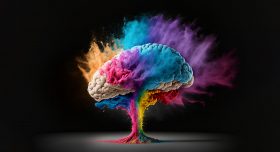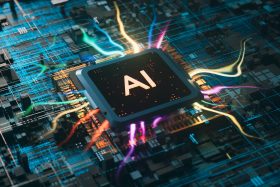Healthcare Companies See Many Benefits from AI

In the race to AI, enterprises in the healthcare vertical are among the top adopters. They are showing some of the most focused and efficient applications, as well as some of the longest lived. According to Futuriom Cloud Tracker Pro's Enterprise AI Index, multiple hospital chains have been using a variety of AI tools since at least 2020.
New York’s Mount Sinai Health System, for instance, deployed AI in 2020 to help remotely identify patients infected with COVID-19. The application, which combined imaging with patient data, allowed patients to isolate and prevent further spreading of the virus. Since then, Mount Sinai has expanded its AI use to include diagnostic image analysis, predictive care, and streamlining administrative operations.
Mount Sinai wasn’t alone in getting an early start on AI. Since before 2022, the Mayo Clinic in Minnesota has used AI for a range of applications, including patient scheduling and other administrative tasks, as well as in diagnostic imaging and matching patients with clinical trials.
Since 2022, Chelsea and Westminster Hospital in the UK has deployed an AI-enabled tool called DERM from Skin Analytics to capture images from an enhanced iPhone for diagnosing skin cancers in real time.
Why AI Is Great for Healthcare
To access the rest of this article, you need a Futuriom CLOUD TRACKER PRO subscription — see below.
Access CLOUD TRACKER PRO
|
CLOUD TRACKER PRO Subscribers — Sign In |





















